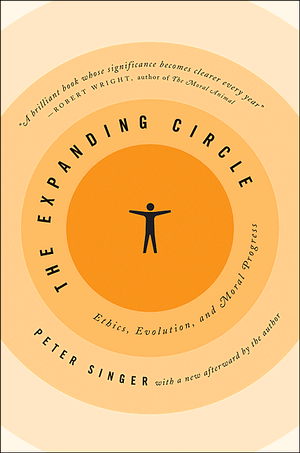It might be a good thing if Open Borders: The Case, in addition to provide an “attic,” so to speak, of economic, ethical, and philosophical arguments for open borders, could provide running pundit-style political commentary from an open-borders perspective. But political punditry is a full-time job in its own right, and it seems to require a kind of reading between the lines which one can’t do well unless one reads a lot of political news. There seems to be a lot of political momentum behind immigration reform right now, what with Obama’s speech in Nevada urging immigration reform earlier today, and a bipartisan group of eight senators— the Republicans were McCain, Rubio, Flake, and Graham– presenting a plan yesterday. I’ve got to respect Marco Rubio for taking the case to the conservative talk shows.
One change, it seems to me– but I could be wrong, I find it difficult to follow all the political proposals that come and go– is that everyone now seems to be talking about a pathway to citizenship for all the 11 million undocumented immigrants who live here, or nearly all. Up to now, attention has seemed to focus on the Dreamers. It made some sense to focus on them because they were the clearest case: the usual “enforce the law” arguments lose all moral credibility when applied to them, so Dreamers were a sort of wedge case, which left opponents of reform without any moral leg to stand on. But amnesty for Dreamers plus deportation for 10 million or so non-Dreamer undocumented immigrants would be atrocious, and it’s good that the conversation seemed to have moved on from the Dream Act to something more genuinely comprehensive.
A writer at The Guardian argues that Republicans are mistaken if they think they’ll earn political capital by supporting immigration reform, because Latinos are Democrats, and agree with the Democrats on other issues besides immigration, too. I’m not convinced. The Hispanic vote has swung a good deal as Republicans have gone more nativist. Republicans may not have a convincing strategy at the moment to win over Hispanics, but support immigration reform will open up new possibilities for coalition building. And I also think a lot of non-Latino voters will look more favorably on the GOP for this. Republicans will look less “mean,” and also more plausibly freedom-loving and anti-Big Government.
Immigration reform packages always come as mixed blessings, because with the concessions come demands for more enforcement, for employer verification of migration status, for greater effort to secure the border, for a general ramping up of the police state. E-Verify, if it worked, would needlessly make life difficult for a lot of people, not only undocumented immigrants but their employers, too. It would separate a lot of people from jobs where they were useful, people who badly needed the wages. More effort to secure the borders is expensive, for one thing, but it also has the bad effect of separating people from job opportunities or even family members. One can hope that the “enforcement” measures will be eviscerated, legally or via the operations of black markets (though that’s a problematic remedy), but I’m reluctant to wish on us the plague of more enforcement, even for the great benefit of amnesty. While I do want to see something pass and expect that it will be an improvement if it does, a lot of the arguments used by Rubio and others on my side (e.g., “back of the line”) are bogus. Ironically, the quote I agree with most is from opponent Lamar Smith:
“By granting amnesty, the Senate proposal actually compounds the problem by encouraging more illegal immigration.”
Yes, I think that’s true. And for me, that’s one of the strongest reasons to support it. Mexican migrant supply may have peaked, and demand is still down because of the bad economy, but if amnesty passes, and if the economy rebounds strongly at some point (probably not under Obama), then at some point I expect people from other countries– India, China, Africa, Vietnam, Indonesia, South America– will find ways physically to enter the country, even at great risk and expense, in anticipation of the next amnesty. If the process continues, that could move us a long way in the direction of open borders.

